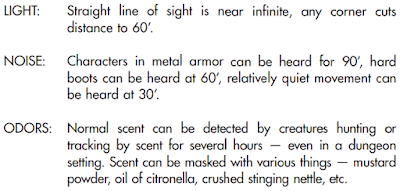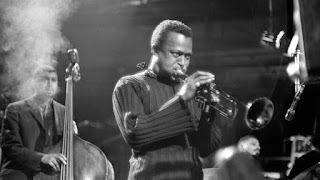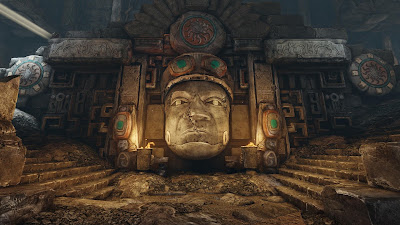[AD&D] Stealth Sans Skills

A question that comes up a lot is how do you handle stealth for non-thieves in AD&D? A lot of people expect there to be some kind of default probability, less than that of a 1st level thief, but some sort of probability in the same vein as the Thief Abilities. Some veteran AD&D players simply allow the surprise check to work as a de facto stealth check, with Thief Abilities representing skill above and beyond that. But that seems to raise more questions than answers. How exactly is Move Silently or Hide in Shadows supposed to be integrated with the surprise system? There is something in the PHB to suggest that being silent would boost the surprise probability from 2 in 6 to 3 in 6, as would being unseen, and both would boost it to 4 in 6. So what do you do? Call for a hide in shadows check, a move silently check, and a surprise die roll just for a thief to sneak about? I can understand how the extra stealth skills of a thief would enhance the surprise ability, leaving the a...




